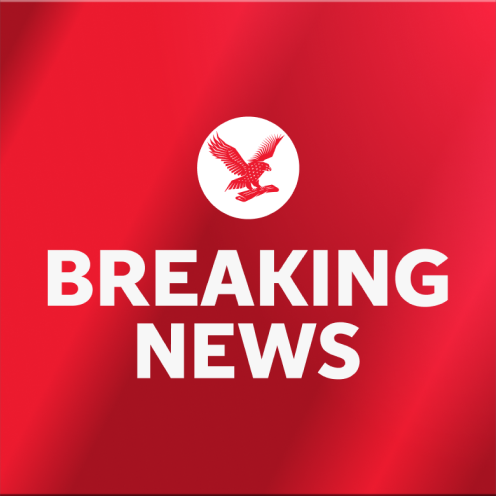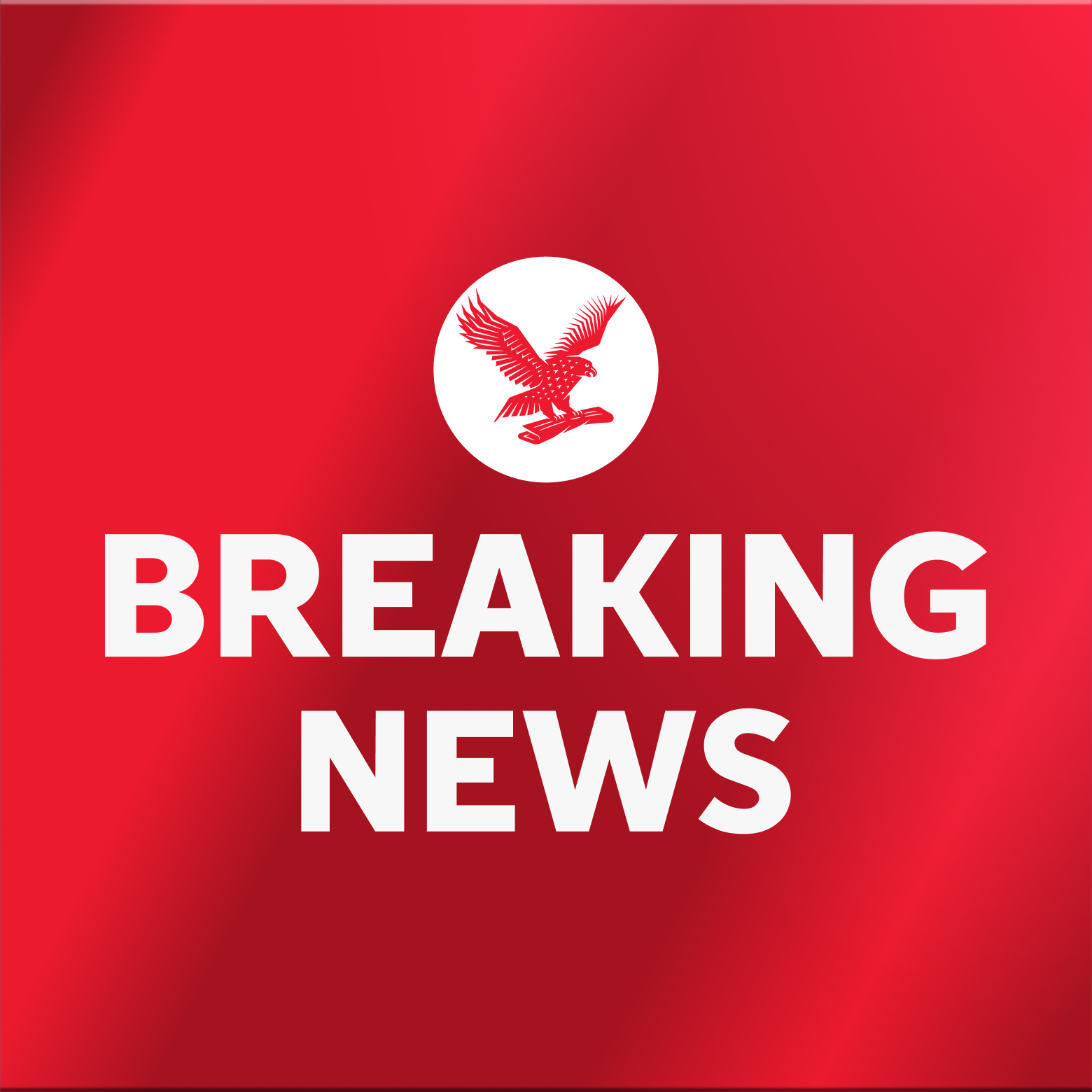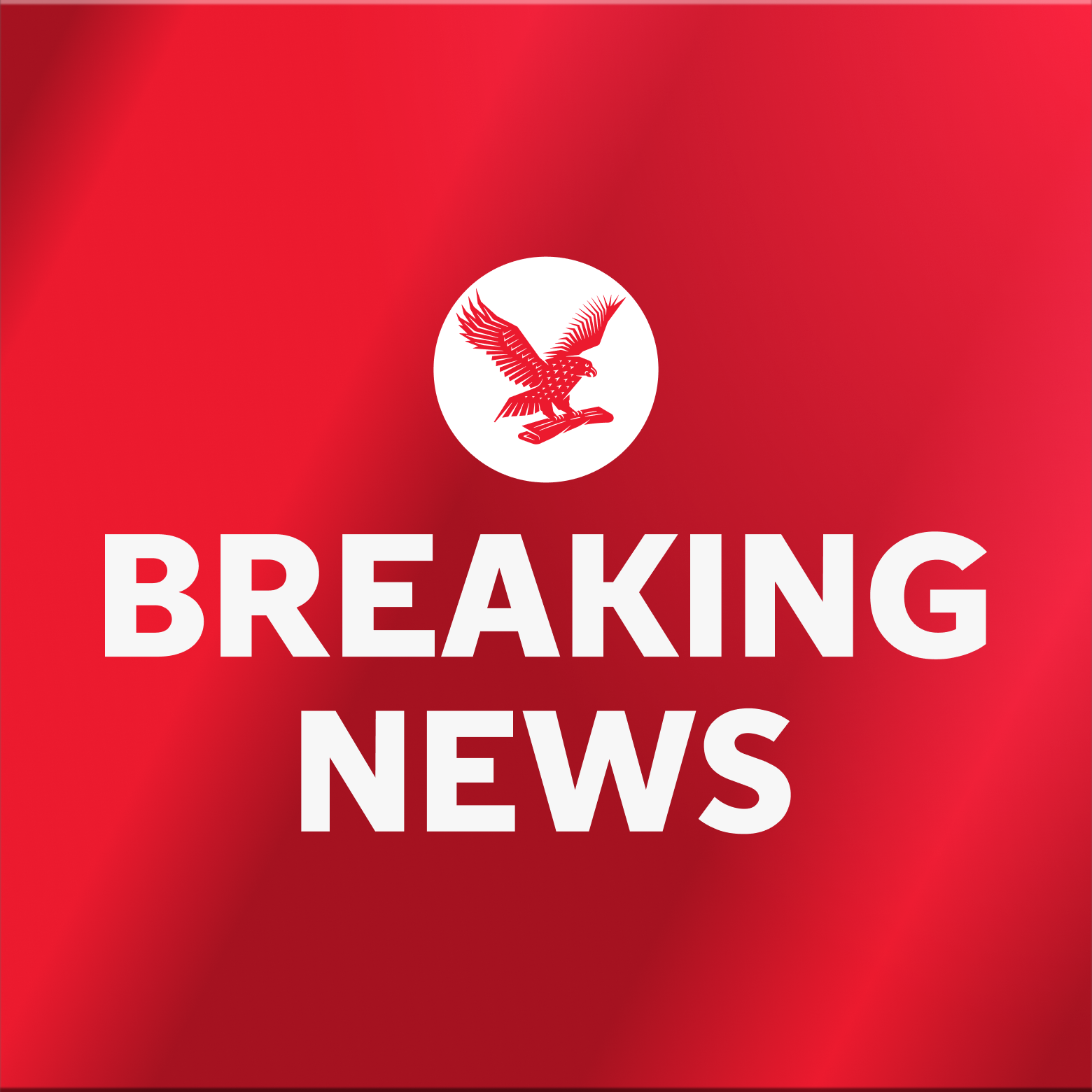Germany’s far right AfD party looks set to make large gains when the country heads to the polls on Sunday.
The centre-right Christian Democrats (CDU/CSU) look set to once again become the largest party in the Bundestag with 220 seats, allowing them to reinstall their first chancellor since Angela Merkel stepped down in 2021.
According to YouGov’s final MRP poll before the election, the far-right AfD’s 145 seats will surpass the 115 projected for the governing SPD, after its popularity has collapsed under chancellor Olaf Scholz.
The Greens, who partner the SPD in a coalition, are also projected to fall from their record 15 per cent vote share in 2021 to 13 per cent on Sunday.
German president Frank-Walter Steinmeier called the elections after Mr Scholz lost a vote of confidence in the German Bundestag on 15 January – after losing the support of his coalition when he fired finance minister Christian Lindner amid tensions over economic policy.
But the governing coalition had been falling in popularity long before the dispute within government, with the AfD having surged in federal elections in Thuringia and Saxony last September.
What’s up for grabs?
At least 59.2 million people in a country of 84 million are eligible to vote for the new Bundestag, or lower house of parliament. It is the 630-member Bundestag that will elect the next chancellor, Germany’s equivalent of a prime minister.
There are 29 parties on the ballot, but it’s likely that between five and eight of them will get enough votes to win seats in parliament. In most cases, parties must win at least 5 per cent of the vote to get a share of the seats.
Germany is in fearful mourning while far-right AfD party surges in polls ahead of election
With the rise of the far-right Alternative for Germany party, residents in Munich tell Tom Watling of the horror of suffering the third suspected terror attack of the country’s election cycle
The key issues: Relations with Trump
The question of how to tackle the new administration of US President Donald Trump, who has already flagged the possibility of increased tariffs and reduced military support for Europe, is particularly sensitive for Germany. The US remains the top destination for German exports and its main security ally.
The SPD’s Scholz has sharply countered Trump’s comments on Greenland and Canada, while conservative frontrunner Merz warned against lecturing him, emphasising instead areas of possible cooperation like a potential EU-U.S. trade deal or joint China strategy.
The Greens’ Habeck said the EU must stand united and seek talks with the Trump administration because a trade war will ultimately harm all sides.
All of the mainstream parties have voiced scepticism about Trump’s demand for European countries to increase spending on defence to 5 per cent of economic output, given that Germany will already struggle to keep to 2 per cent after its special fund for the military runs out. Habeck, however, has already proposed an increase to 3.5 per cent.
The German party that has most embraced the Trump administration is the AfD, which received multiple endorsements from Trump’s ally Elon Musk, resulting in his conversation on X with the party’s chancellor candidate Alice Weidel.
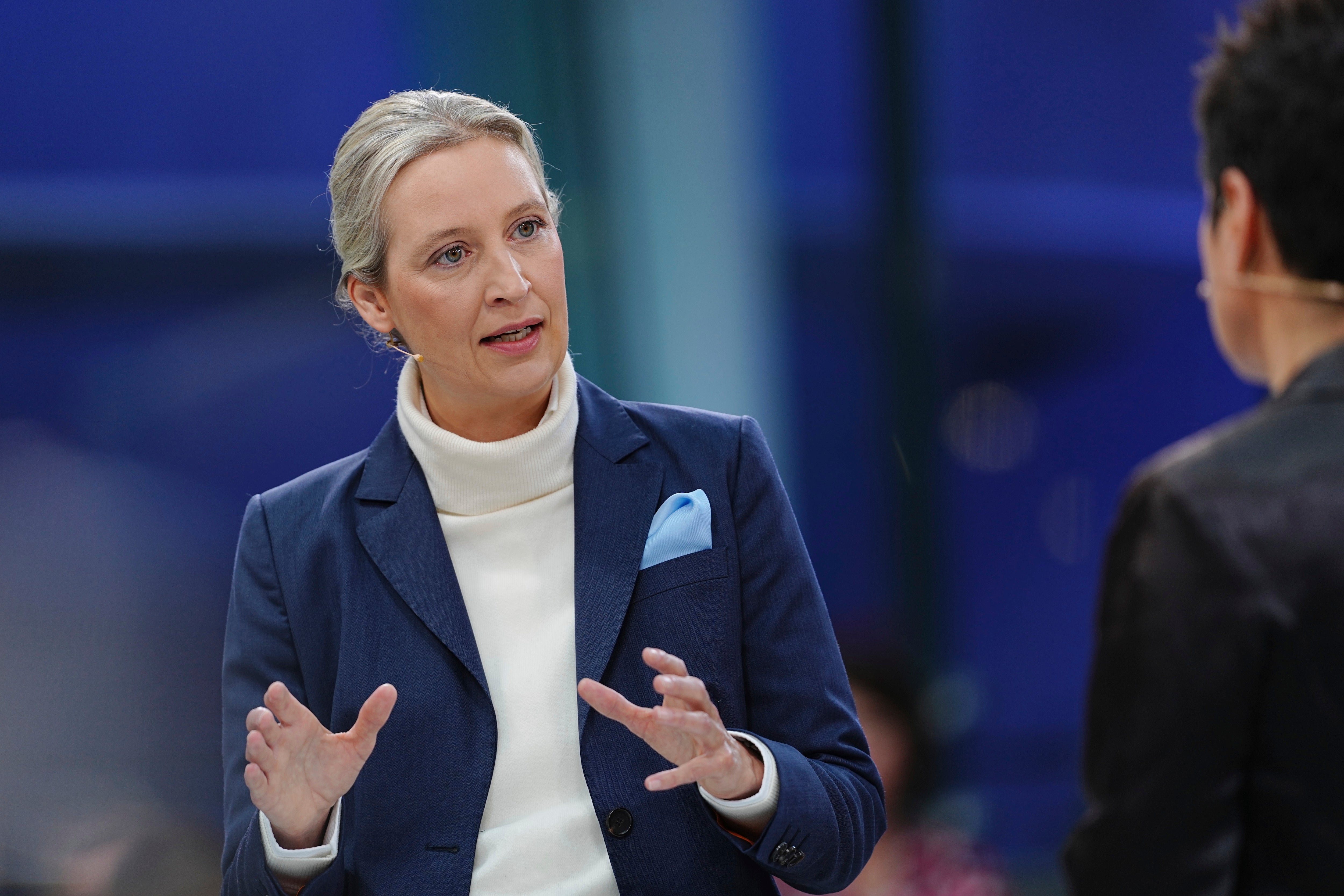
A nation grieves after recent attack in Munich
A middle-aged woman clutching an emptied cardboard box stands silently over the latest pile of fresh red flowers near Munich central station. A pink child’s dress hangs on the railings above, next to an Algerian flag and a doll. Teddy bears sit among placards calling for peace.
It has been just over a week since a 24-year-old Afghan asylum seeker drove his white Mini into a crowd attending a trade union demonstration—the third suspected terror attack in Germany in as many months.
More than two dozen were injured. A woman originally from Algeria, who later worked for the government, and her two-year-old child were killed.
A string of attacks fuels political tensions
Chancellor Olaf Scholz announced the collapse of his three-way coalition in November, bringing the originally scheduled September election forward.
Following the coalition’s collapse:
- December: A 50-year-old Saudi Arabian man drove a truck into a Christmas market in Magdeburg, killing six and injuring 200.
- January: A 28-year-old Afghan man attacked a school group, killing a two-year-old child and a man in Aschaffenburg.
- February: Last Thursday, an attack in Munich left multiple victims. Authorities believe the assailant, Farhad Noori, may have had “Islamist motivation.”
Five reasons why Germany’s economy is in the dumps
Germany hasn’t seen significant economic growth in five years.
It’s a stunning turnaround for Europe’s biggest economy, which for much of this century had expanded exports and dominated world trade in engineered products like industrial machinery and luxury cars.
So what happened? Here are five reasons for Germany’s ongoing economic slump:
The key issues: War in Ukraine
Germany’s mainstream parties all favour helping Ukraine fend off Russia’s invasion, while the AfD and BSW want an end to weapons deliveries to Kyiv and a resumption of good relations with Moscow.
However, Scholz and his SPD have recently struck a more cautious tone – emphasising the need for diplomacy – than the conservatives, Greens and FDP, who are all in favour of Germany delivering long-range Taurus missiles to Kyiv.
The key issues: Reviving the economy
Scholz has proposed incentivising private investment and modernising infrastructure with an off-budget, €100 billion fund. His SPD also plans a direct tax refund of 10 per cent on equipment investments by businesses.
The Greens’ Robert Habeck has, like Scholz, called for reform of Germany’s constitutionally enshrined debt brake to allow for higher public spending.
Merz had also signalled some openness to a moderate reform of the debt brake but his party’s manifesto has pledged to retain it. The AfD and the FDP are fierce defenders of the limit on public borrowing.
The CDU/CSU manifesto has proposed extensive financial relief for companies and citizens, including income and corporate tax cuts, and lower electricity charges. They have not said how these would be financed.
The AfD wants Germany to ditch the euro, reintroduce the Deutsche Mark and potentially leave the EU.
In pictures: Germany prepares to head to the polls
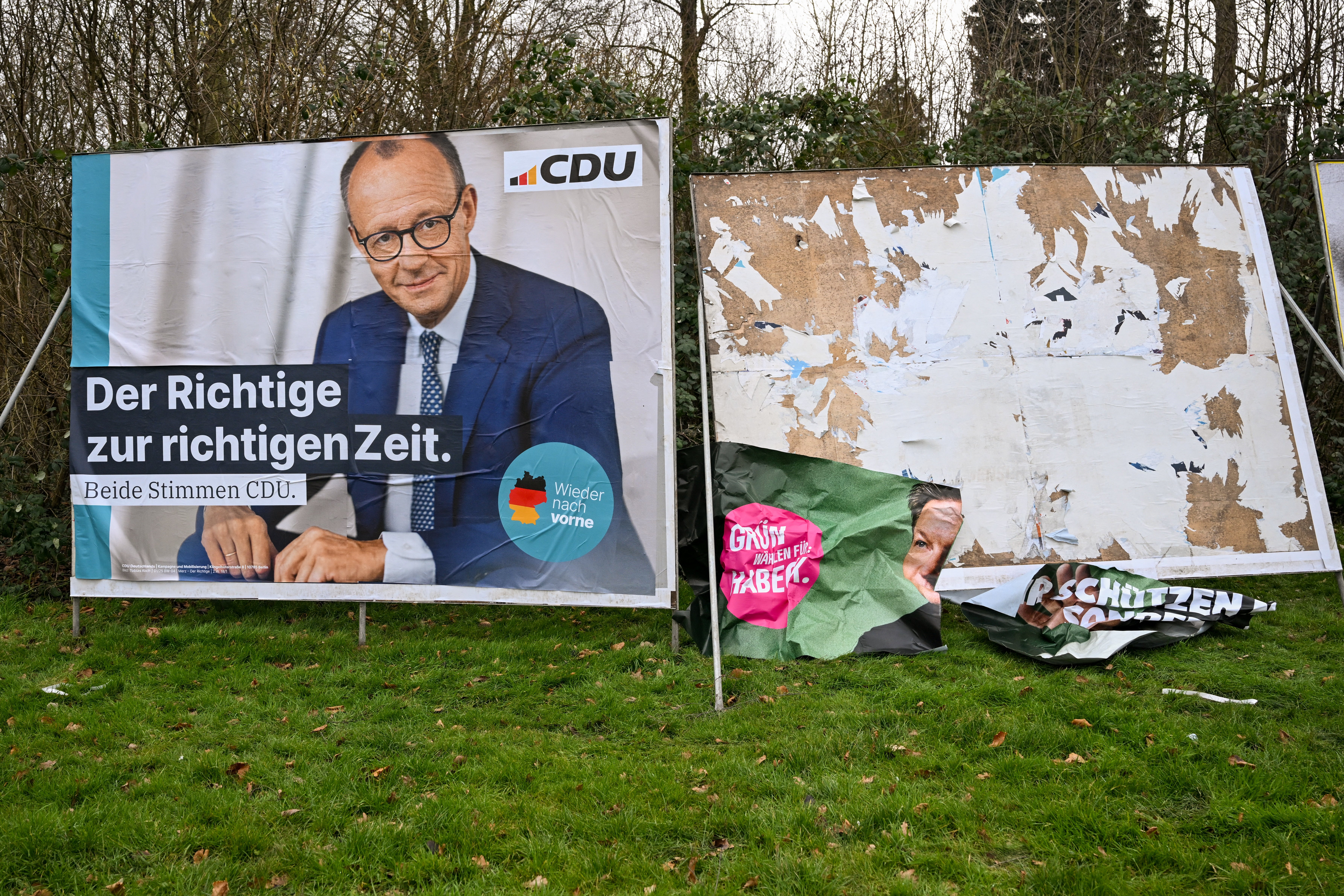
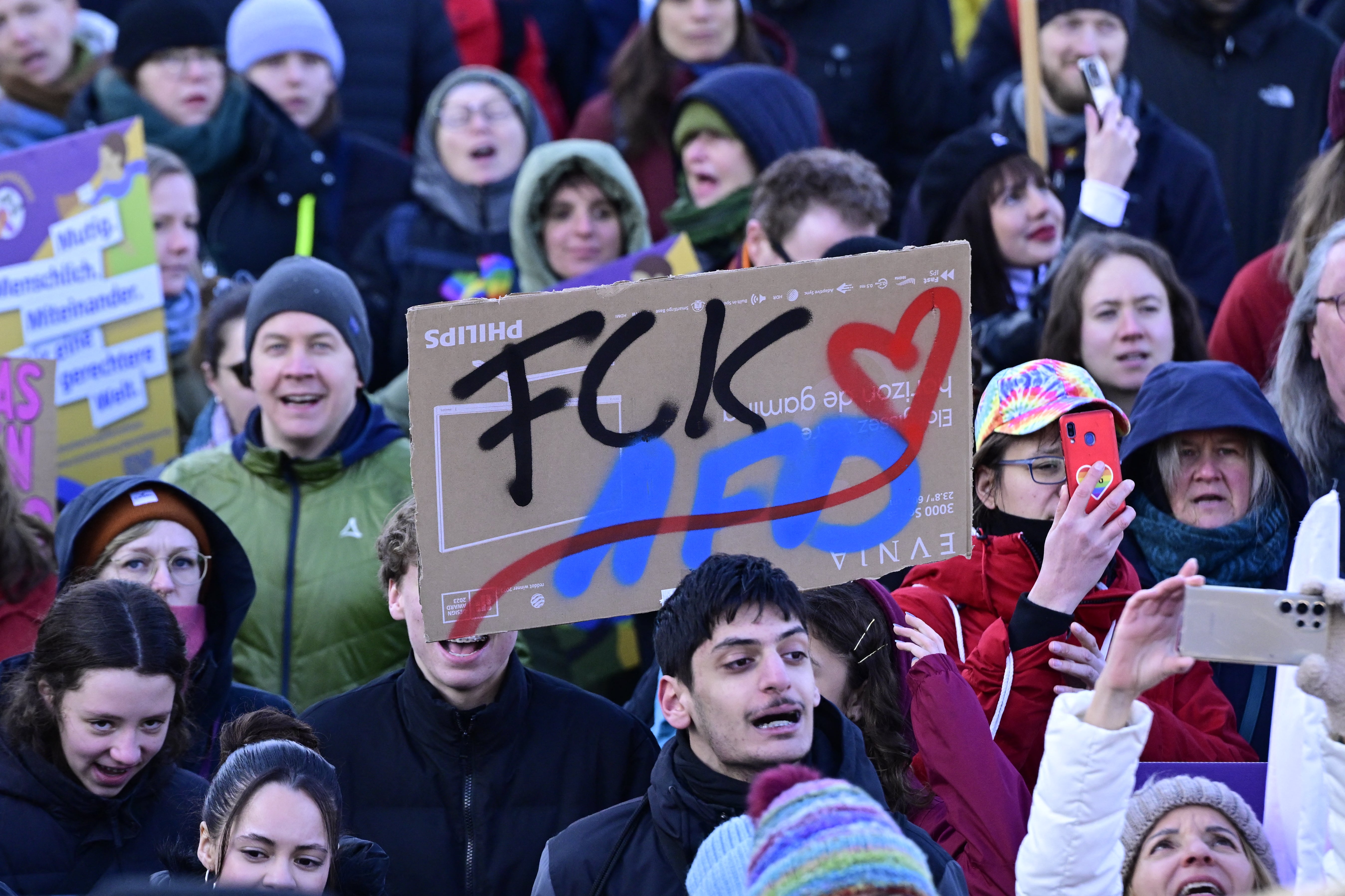
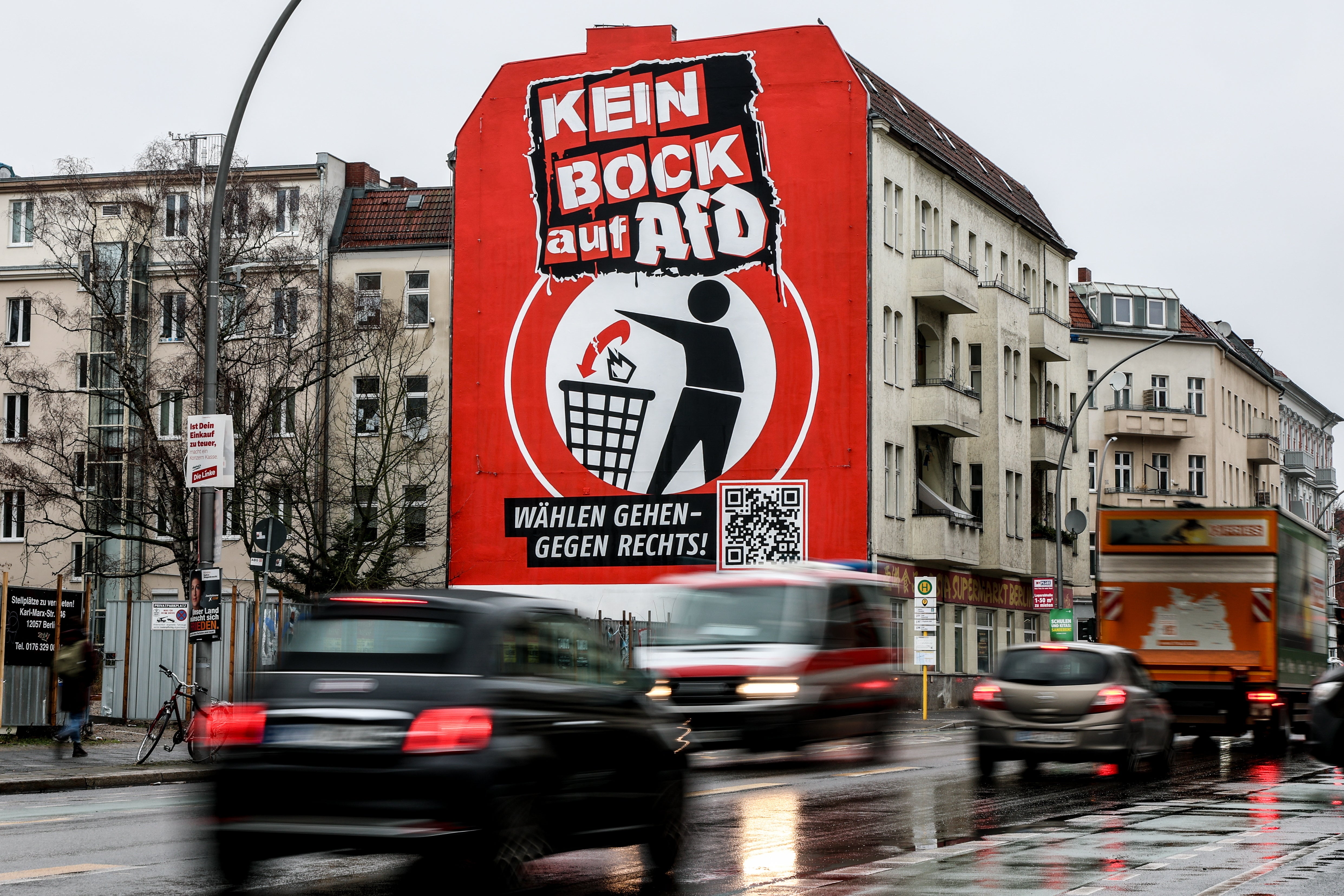
German voters head to the polls this weekend – here is what to expect
Germans head to the polls on Sunday in a pivotal election that will shape the country’s trajectory for the next four years and significantly influence Europe’s political landscape.
As the European Union’s most populous nation and a leading member of Nato, Germany’s political direction holds substantial weight on the international stage.
The election’s outcome will also determine Germany’s continued role in supporting Ukraine against Russian aggression, as the country currently stands as the second largest weapons supplier to Ukraine after the United States.
The new German government will also play a key role in shaping Europe’s relationship with the Trump administration.
Here’s a look at what to expect for Sunday and beyond:
Source: independent.co.uk
